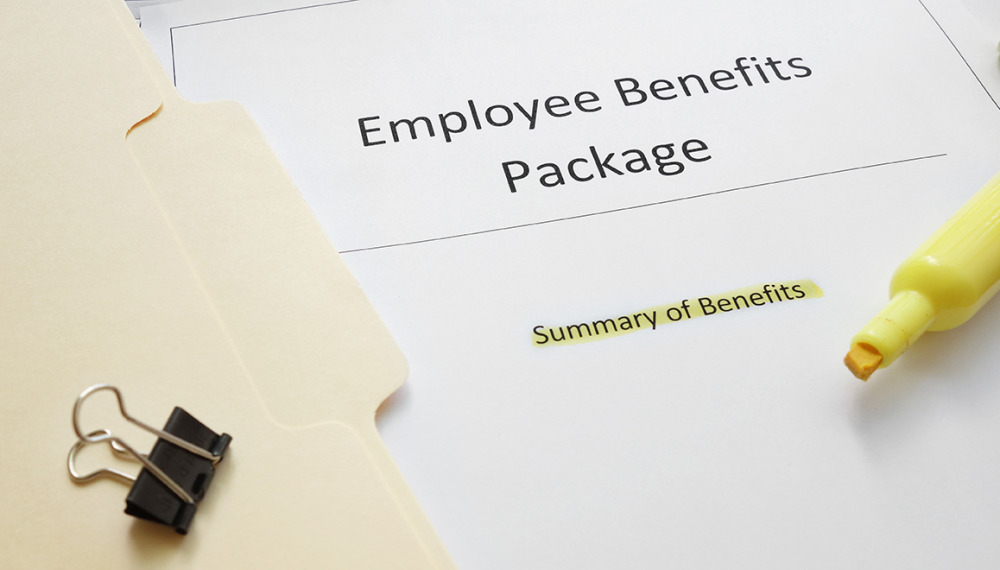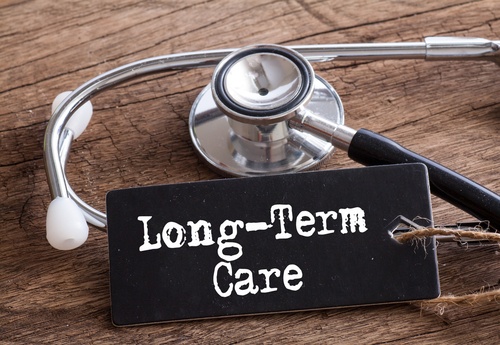Choosing Health Insurance
Please don’t ask me why, but the way providers talk about benefits can confuse many folks, especially younger employees who might be enrolling for their insurance for the first time. One recent study showed that more than half of employees choose plans that aren’t right for them, costing them money in premiums or underfunded costs.
So, what is all this tricky language, and what does it mean for you and your benefit selections? Let’s review a few of the most common terms you’ll encounter in selecting a package.










